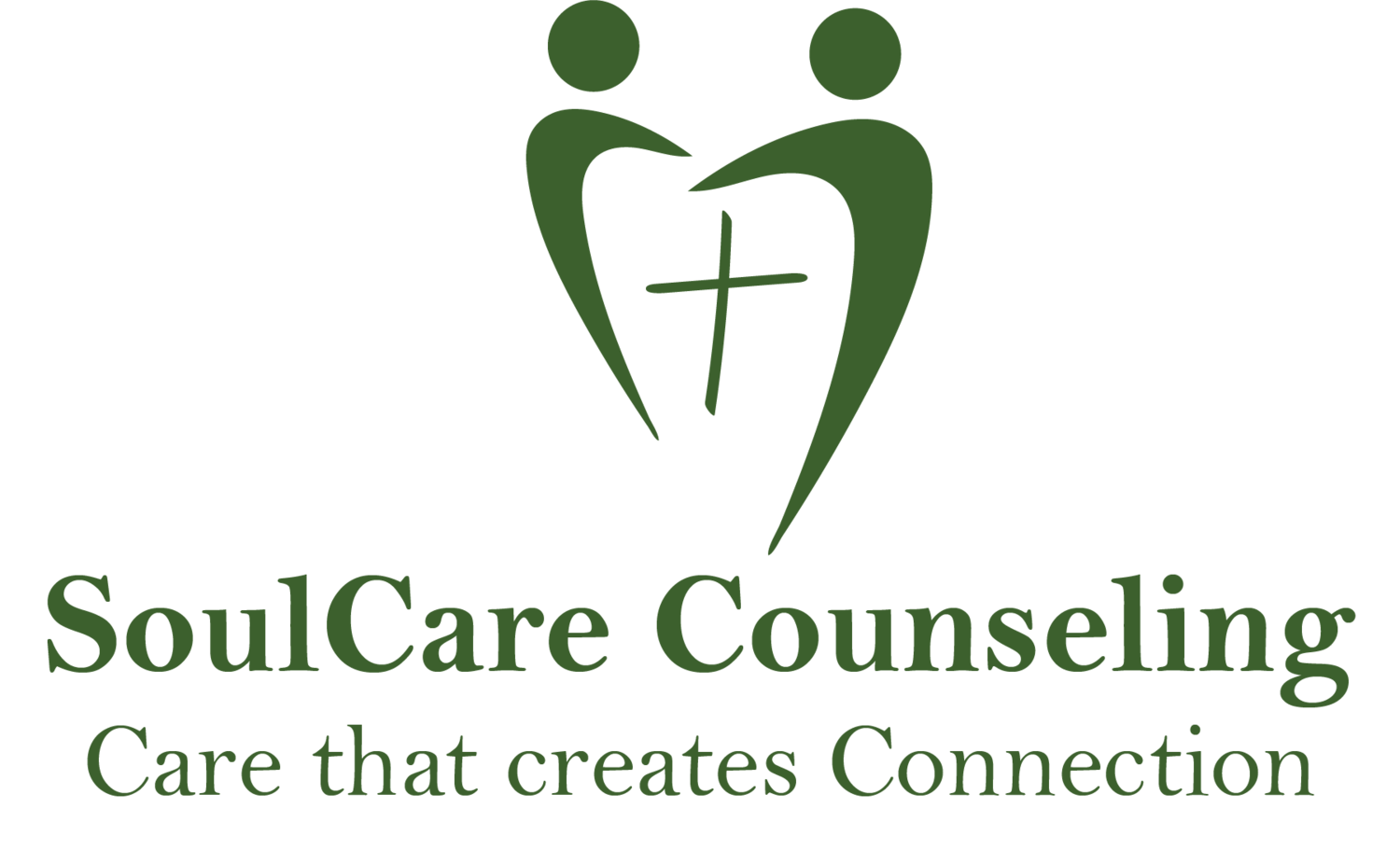
EMOTIONALLY FOCUSED THERAPY
What Is Emotionally Focused Therapy?
Dr. Sue Johnson, founder of EFT
Emotionally Focused Therapy (EFT) was developed by Canadian psychologist, Dr. Sue Johnson, in the early 1980s and is used worldwide to treat distress in intimate adult relationships. It is also used with families and individuals for a variety of issues such as anxiety, depression, and trauma.
The therapy is named Emotionally Focused Therapy in order to call attention to the crucial significance of emotion and emotional communication. Emotion plays a critical role in how people organize their patterns of interaction with one another. In addition, emotion is a key element in how people define their experiences in close relationships. Emotionally Focused Therapy also focuses on emotion as a powerful and often necessary agent of change, rather than simply part of the problem of marital distress. In other therapies, emotion is often viewed as a complication or a disruptive force rather than as a dynamic asset which can shape and drive change. Emotionally Focused Therapy sees emotion differently, as an agent of change instead of a problem to be fixed.
Emotionally Focused Therapy is based on Attachment Theory, which basically says that all people, regardless of color, culture, ethnicity, economic or social status, or religion, have a need for safe and secure relationships. We were not designed to do life alone. We need a safe, dependable other to be with us as we navigate life. Attachment research simply confirms what God said in the beginning: “It is not good for man to be alone.” When people have emotional closeness and feel safe in their most important relationships, they are healthier physically, more attuned emotionally, better balanced mentally, and stronger spiritually. Emotionally Focused Therapy (EFT) builds on Attachment Theory and says that underneath all relational distress is a desire to feel close, safe, and secure.
Behind every argument is one big question, “Are you there for me?” In our relationships we are always looking for secure connection. In securely connected relationships, we are able to find accessibility, responsiveness, and engagement from our partner. But in relationships where our partner is not accessible, nor responsive, nor engaged, we do not feel close or emotionally safe. And when we do not feel safe in the relationship, we respond in one of two ways. Some respond with anxious pursuing that is seen in angry, nagging, blaming, criticizing, or complaining behaviors. Others respond with avoidant withdrawing that usually manifests in shutting down, stone-walling silence, withdrawing, pulling away, or leaving. Interestingly, both reactions are an attempt to try and save the relationship, yet these automatic survival responses have exactly the opposite effect.
This classic pursue/withdraw pattern is one of three types of negative cycles in which the couple is both creator and victim. An EFT counselor will help the couple identify their negative cycle, learn how to de-escalate the negative cycle, find new ways of responding when feeling unsafe in the relationship, and enable each partner to respond in an inviting way that creates connection.
Why Does Emotionally Focused Therapy Work?
One reason that Emotionally Focused Therapy is so successful is that there is a definite plan of treatment. We have heard couples complain that in their previous marriage counseling, it seemed that the counselor was making it up as they went. In Emotionally Focused Therapy, we know what gets in the way of change and how to create opportunities for change to occur. Because Emotionally Focused Therapy has a clear treatment roadmap to follow, EFT therapists are able to help clients accomplish the change they are longing for.
Is Emotionally Focused Therapy For Couples Only?
Originally, Emotionally Focused Therapy was designed to work with couples in distress. In the decades since its development, EFT has been expanded to families and individuals. The essential treatment roadmap is the same as for work with couples, but is modified somewhat to the unique needs of families and individuals.
Emotionally Focused Therapy For Couples (EFT)
We have already discussed how Emotionally Focused Therapy has high success with couples in relationship distress. Emotionally Focused Therapy helps partners understand themselves and their partner better, increasing their positive interactions and creating a closer connection. Couples in EFT strengthen their relationship through deeper and more robust emotional bonds.
Emotionally Focused Therapy For Families (EFFT)
Emotionally Focused Therapy not only works with couples, but it also works with families, increasing closeness and a sense of belonging among members. Instead of accessing a couple’s emotions behind their interactions, family EFT accesses the emotions underlying interactions between family members. The steps and stages are the same.
Emotionally Focused Therapy For Individuals (EFIT)
Emotionally Focused Therapy also works for individuals. This type of EFT is known as EFIT, Emotionally Focused Individual Therapy. The interventions are the same as for couples except that the focus of the therapy is intrapersonal (within the individual) rather than interpersonal (between a couple or family members). In EFIT, the therapist will lead the client through discussions and exercises aimed at enhancing understanding of their own emotions and responses.
Effectiveness Of Emotionally Focused Therapy
Dr. Sue Johnson, founder of EFT with Dr. Bernis Riley, founder of SoulCare Counseling
Emotionally Focused therapy has been studied extensively, and strong scientific evidence proves that it works. 70-75% of couples experience change, and 90% of couples are significantly improved. This is compared to other therapeutic models which have closer to 20% effectiveness. Follow-up studies conducted with those who participated in Emotionally Focused Therapy show that the positive effects of the treatment continue for years after the therapy ends.
Are You Ready To Start The Most Successful Counseling Therapy?
If you would like to schedule a free thirty-minute consultation to see if Emotionally Focused Therapy can help you, use the button below, call or text 817-808-2606, or you can email us at info@soulcarecounselingdfw.com.














